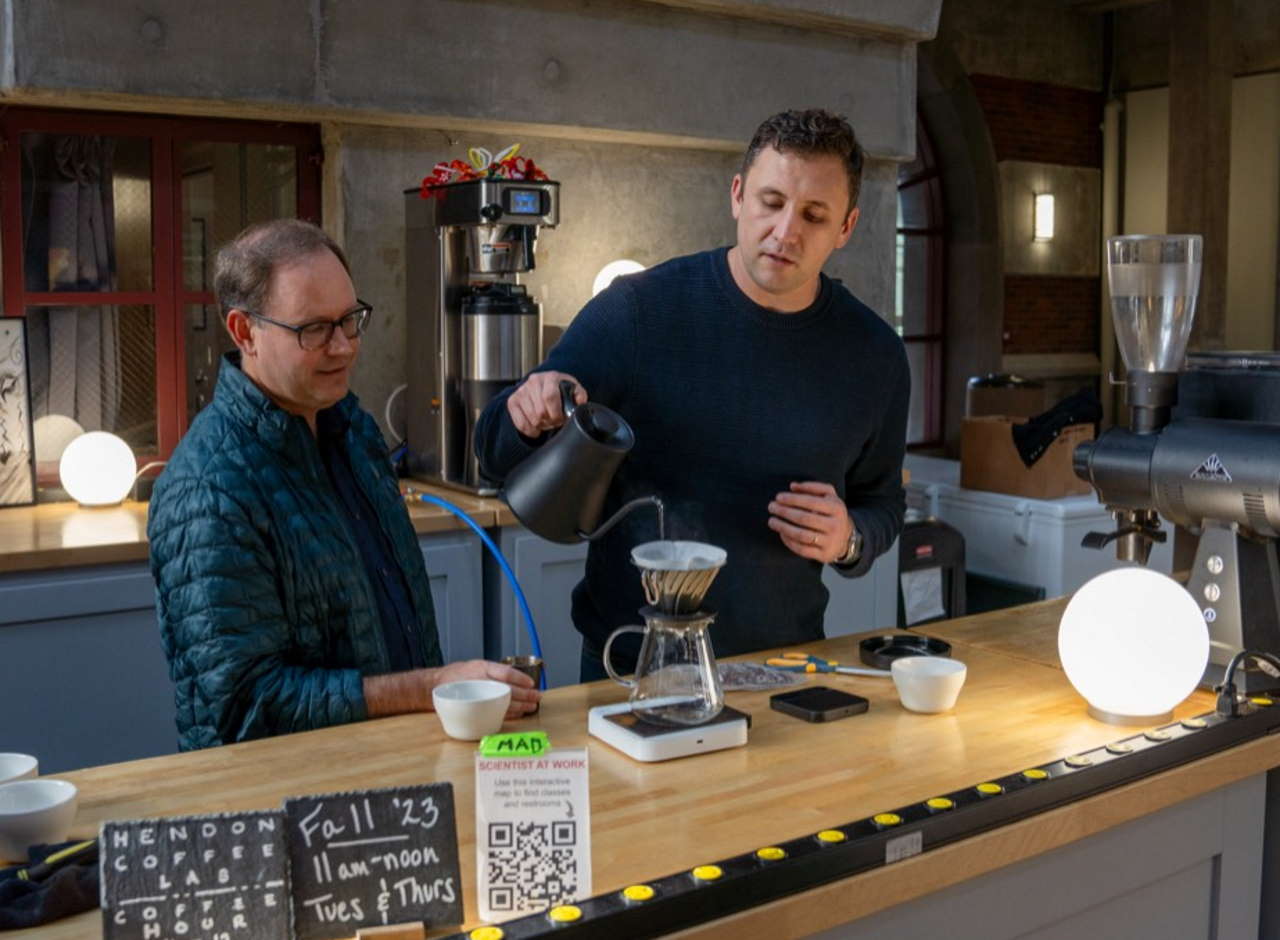
Physicists have confirmed that the taste of coffee will improve if you sprinkle the beans with water before grinding
A series of experiments by American physicists have shown that sprinkling coffee beans with water before grinding can improve the taste of coffee.
As scientists have found out, even a little moisture helps to avoid excessive electrification of ground coffee. This results in fewer clots during brewing and a richer taste. The scientists’ findings were confirmed with different types of coffee, New Scientist reports. The researchers’ article was published in the journal Matter.
How does electrification affect the taste of coffee?
When you put beans into the grinder, you generate a large amount of static electricity in the grinder, which is caused by the beans breaking down and friction. This causes freshly ground coffee to form clumps that slow down the flow of water during brewing and impede the solubility of coffee compounds, which can affect the taste of espresso. Professional baristas are familiar with this phenomenon, so they often sprinkle the beans with water before grinding. And now scientists at the University of Oregon have become interested in this and tested the idea with water in experiments and mathematical simulations.
How much water should be added to the grains?
For their experiments, the scientists purchased different types of coffee beans with different roasting degrees. Before making coffee from these beans after grinding, scientists measured the electrification of the ground beans using a Faraday cylinder. It turned out that the least roasted beans, and therefore the ones with the highest moisture content, not only had the lowest electrical charge, but also tasted better when ground finely. So the scientists decided to sprinkle heavily roasted coffee beans with water and repeated the experiments, confirming that it was water that helped avoid the accumulation of electrical charges.
The simulation showed that it is enough to use about 20 microliters of water per gram of coffee to prevent the ground particles from sticking together and improve the consistency and taste of espresso. In addition, this slight modification of the beans means that less coffee powder remains on the grinder walls during grinding, which means that fewer beans can be used in brewing.
According to the scientists, their research will not only help improve the taste of coffee, but will also be useful in the study of other bulk substances that can be electrified, such as particles in volcanic plumes.

